Orcas serve an integral purpose when it comes protecting our oceans’ fragile ecosystems—not only do they directly regulate prey numbers but they indirectly contribute towards nutrient cycling processes while simultaneously offering us valuable insight into what makes up a healthy marine habitat overall! From controlling food chains with precision hunting tactics down even educating us humans on how best we can protect aquatic wildlife moving forward; there is no doubt why some refer them “the guardians”of our seas”. Let’s dig deep down into the seas and find out why are orcas important to the ecosystem and how we can save them.
Why are orcas important to the ecosystem
There are several reasons why orcas (also known as killer whales) are important to the ecosystem:
- Orcas are apex predators, meaning they are at the top of the food chain and play a critical role in maintaining the balance of their ecosystem.
- They help to regulate the populations of other marine species, such as seals and sea lions, which can have an impact on the overall health of the ecosystem.
- They play a vital role in keeping their environment healthy and balanced by helping to regulate populations of prey species like herring and salmon.
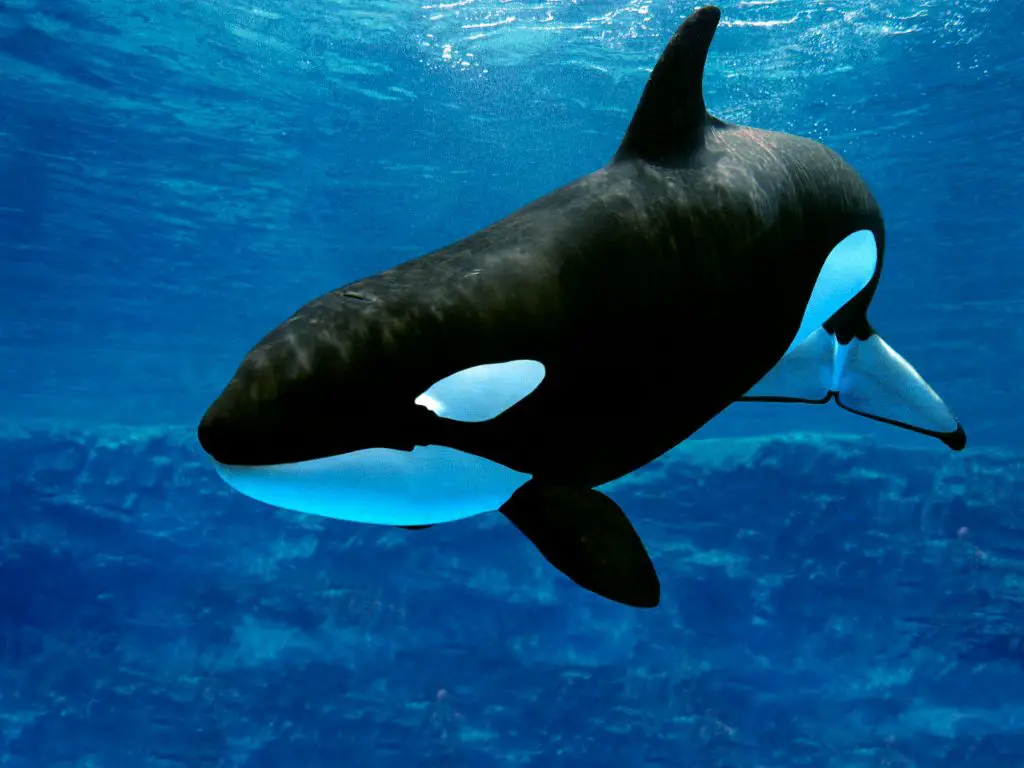
- Orcas can even help shape the behavior of other predators such as sharks or seals by competing for food sources or deterring them from areas where they hunt.
- In addition to being essential players in maintaining balance within an ecosystem, orcas provide cultural benefits too; some indigenous cultures consider these majestic creatures sacred symbols representing power and strength while others use their presence as a signifier for good luck when fishing trips begin.
- Orcas are a popular tourist attraction, which can bring economic benefits to local communities through eco-tourism.
- Orcas play a role in seed dispersal, as they consume fruit and other plant material and excrete the seeds in their feces, which can help to spread plant species to new areas.
- Orcas can help to control the spread of disease among marine species by preying on sick or injured animals.
- Additionally, orcas have been found to be beneficial indicators for ocean health since they are top-level predators that consume many different types of fish which makes them sensitive to changes in their habitat due to pollution or overfishing.
- Orcas are important members of the ocean’s food web and play a role in the overall health and productivity of the marine environment.
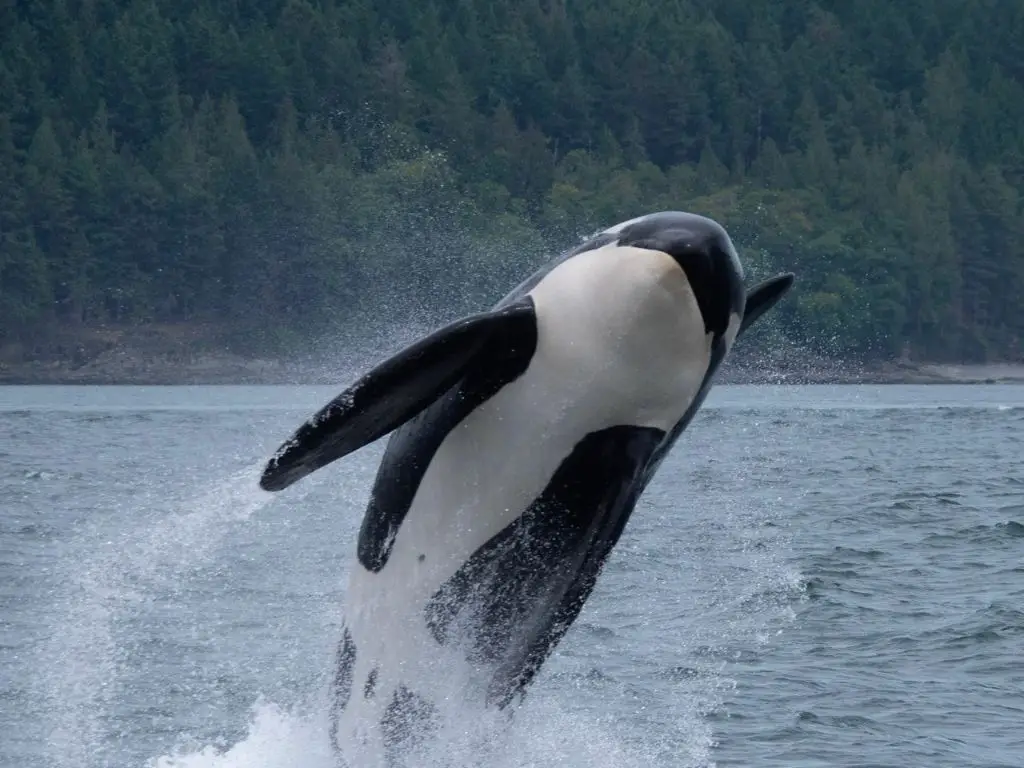
This is why it is so important that we protect this species from threats like climate change caused by human activities such as burning fossil fuels which causes acidification levels rise drastically making it harder for aquatic life forms including orcas survive long term in polluted waters with low oxygen levels .
How do orcas help the environment
Orcas play an important role in maintaining a healthy marine environment by helping to keep their food sources balanced and providing other benefits to their ecosystems.
- Orcas help maintain balance within their environments by preying on fish populations that would otherwise grow too large if left unchecked. This helps prevent overfishing of certain species while allowing smaller prey species to thrive without competition from larger predators.
- Additionally, orcas act as apex predators which can keep other predator populations under control so they do not become overly abundant or cause disruption within the ecosystem’s natural balance.
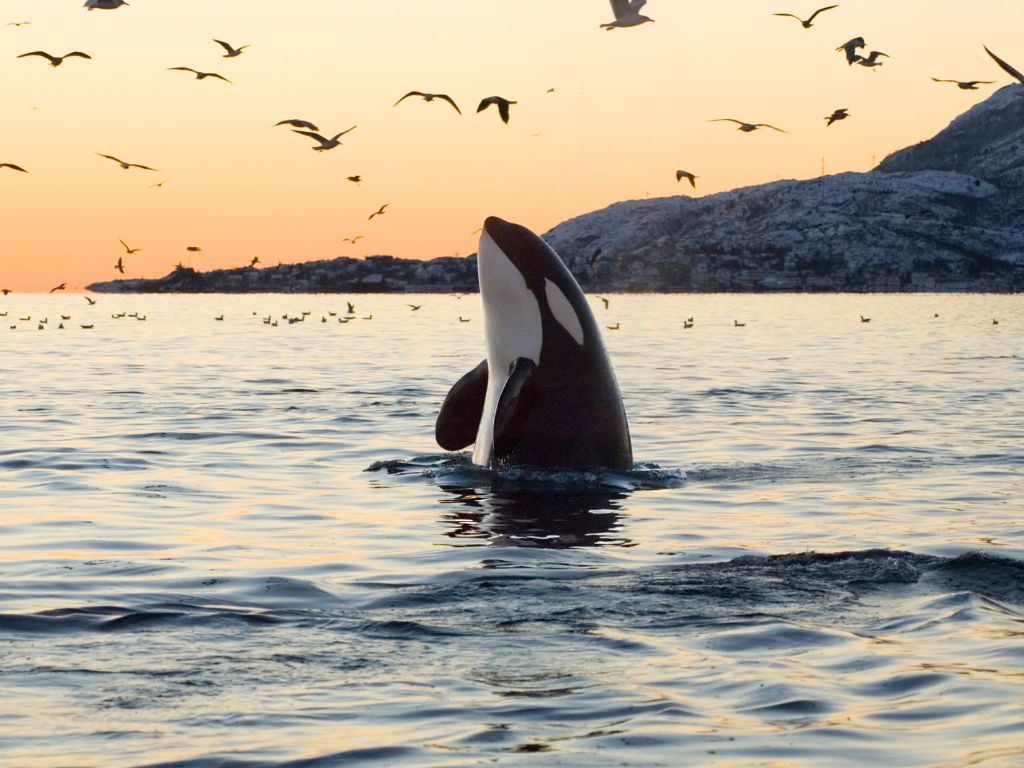
- In addition to keeping fish populations balanced through predation, orcas also provide a number of indirect benefits for the environment such as nutrient cycling between different parts of an ecosystem (i.e., transferring nutrients from deep sea areas up into shallow waters).
- As top-level consumers at both ends of this cycle, orcas help ensure that all levels receive adequate nutrition throughout any given area—a key factor for maintaining biodiversity among plant and animal life alike!
- Furthermore, these majestic mammals offer educational opportunities for people looking to learn more about our oceans; whale watching tours have become increasingly popular around many coastal regions due largely in part due to increased awareness about how essential these animals are when it comes preserving our planet’s delicate marine habitats!
Are orcas keystone species
Orcas are not typically considered keystone species. A keystone species is a species that has a disproportionately large effect on its environment relative to its abundance. This can be due to their role in the food chain, their role in maintaining the structure of their ecosystem, or their role in regulating the populations of other species.
🔬 Subscribe to SciMail
Get the latest science discoveries straight to your inbox!
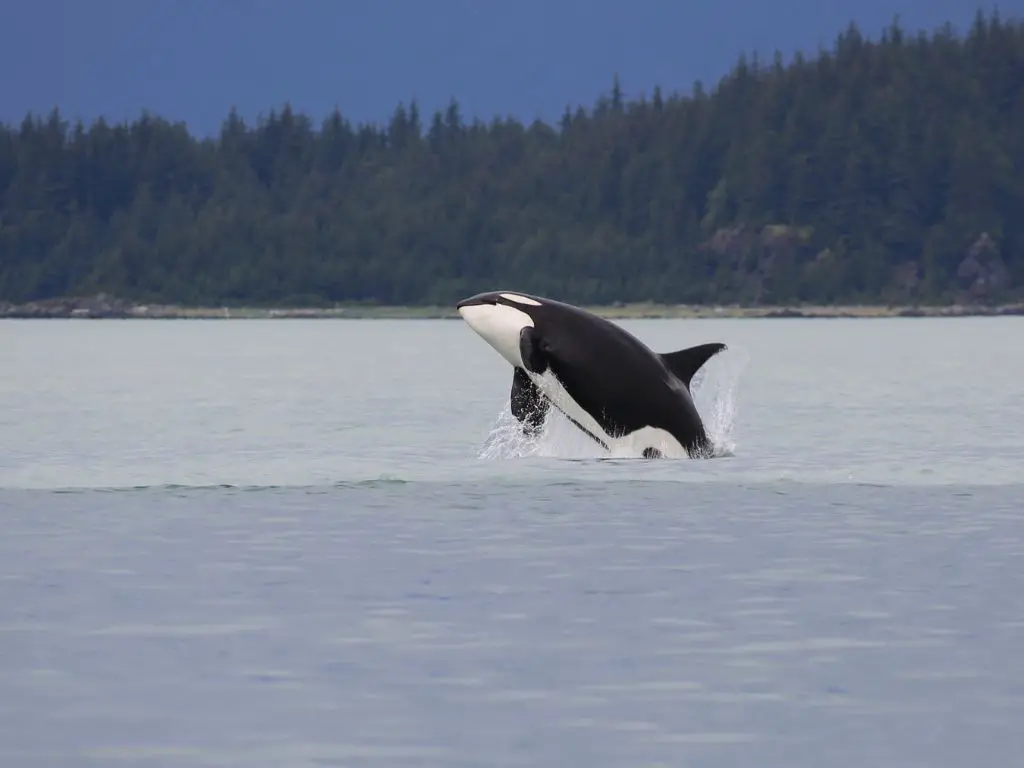
Orcas do play important roles in their ecosystem, as they are apex predators and can help to regulate the populations of other marine species. However, they are not considered to be keystone species in the same way that, for example, beavers are in freshwater ecosystems or sea otters are in kelp forests. This is because orcas do not have a uniquely disproportionate influence on their environment relative to their abundance.
That being said, orcas are considered to be a “charismatic mega-fauna,” meaning they are large, attractive animals that are popular with the public and can serve as important ambassadors for conservation efforts. As such, they can have an important indirect influence on their ecosystem through the attention and support they generate for conservation efforts.
How can we save killer whales
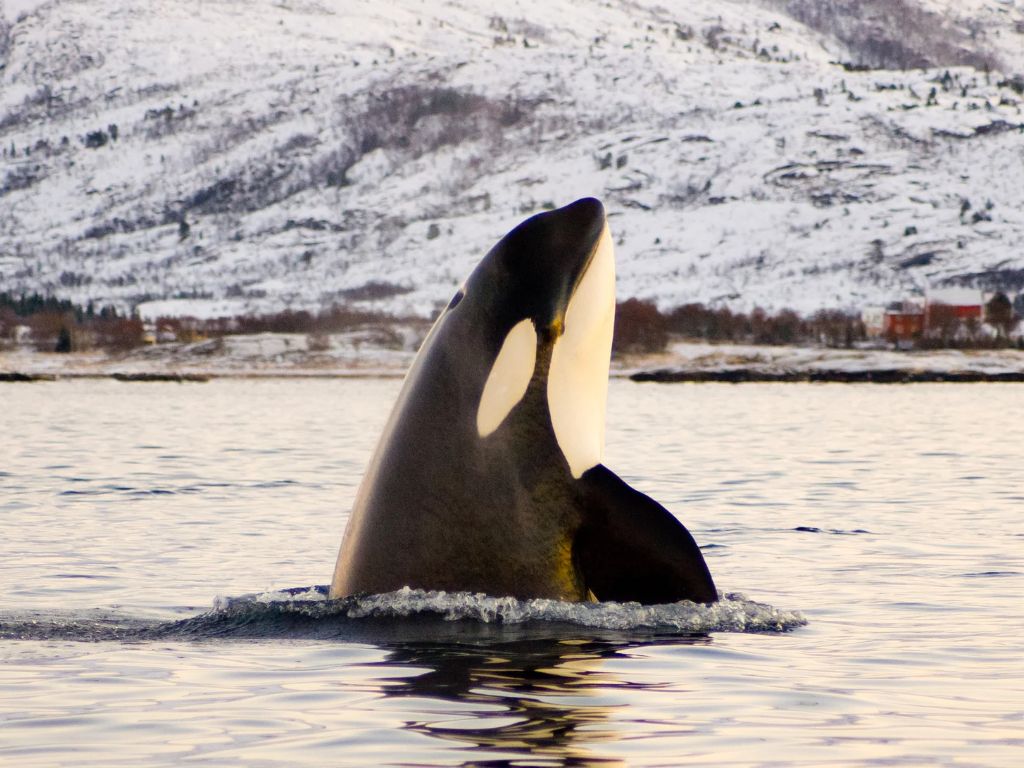
There are several ways that efforts can be made to conserve and protect killer whales:
- Protecting habitat: Ensuring that the habitats of killer whales are protected from human activities, such as pollution, overfishing, and habitat destruction, is important for their survival. This can be done through the creation of marine protected areas, the implementation of conservation laws and regulations, and the reduction of human impacts on the environment.
- Reducing pollution: Pollution can have negative impacts on killer whales, such as through the accumulation of toxins in their bodies or the destruction of their prey species. Efforts to reduce pollution, such as through the implementation of stricter regulations on chemical discharge and waste management, can help to protect killer whales.
- Regulating fishing: Overfishing can deplete the populations of prey species that killer whales rely on, leading to negative impacts on their populations. Implementing sustainable fishing practices and regulating fishing levels can help to ensure that prey populations are not overexploited.
- Research and monitoring: Research and monitoring efforts can help to increase our understanding of killer whale behavior, biology, and ecology, which can inform conservation efforts.
- Education and outreach: Raising awareness about the importance of killer whales and the threats they face can help to mobilize support for conservation efforts and encourage people to take action to protect these animals.
- Rehabilitation and rescue: In cases where killer whales are injured or stranded, rehabilitation and rescue efforts can help to save these animals and return them to the wild.
Overall, a combination of these approaches can help to conserve and protect killer whales.

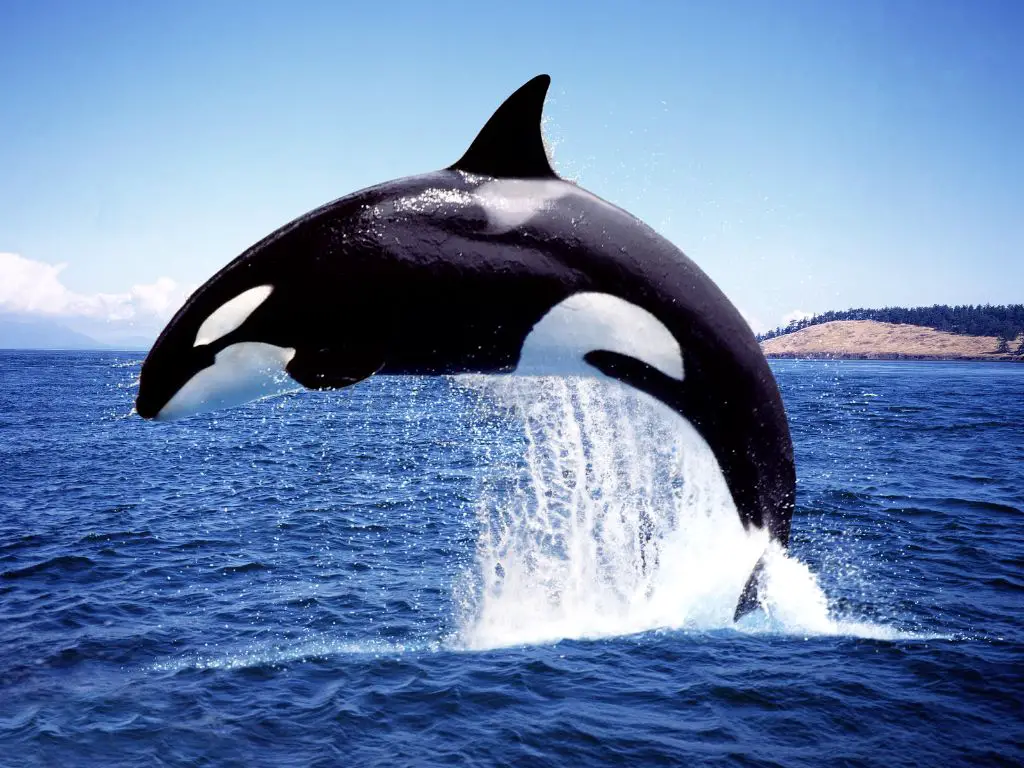
Leave a Reply